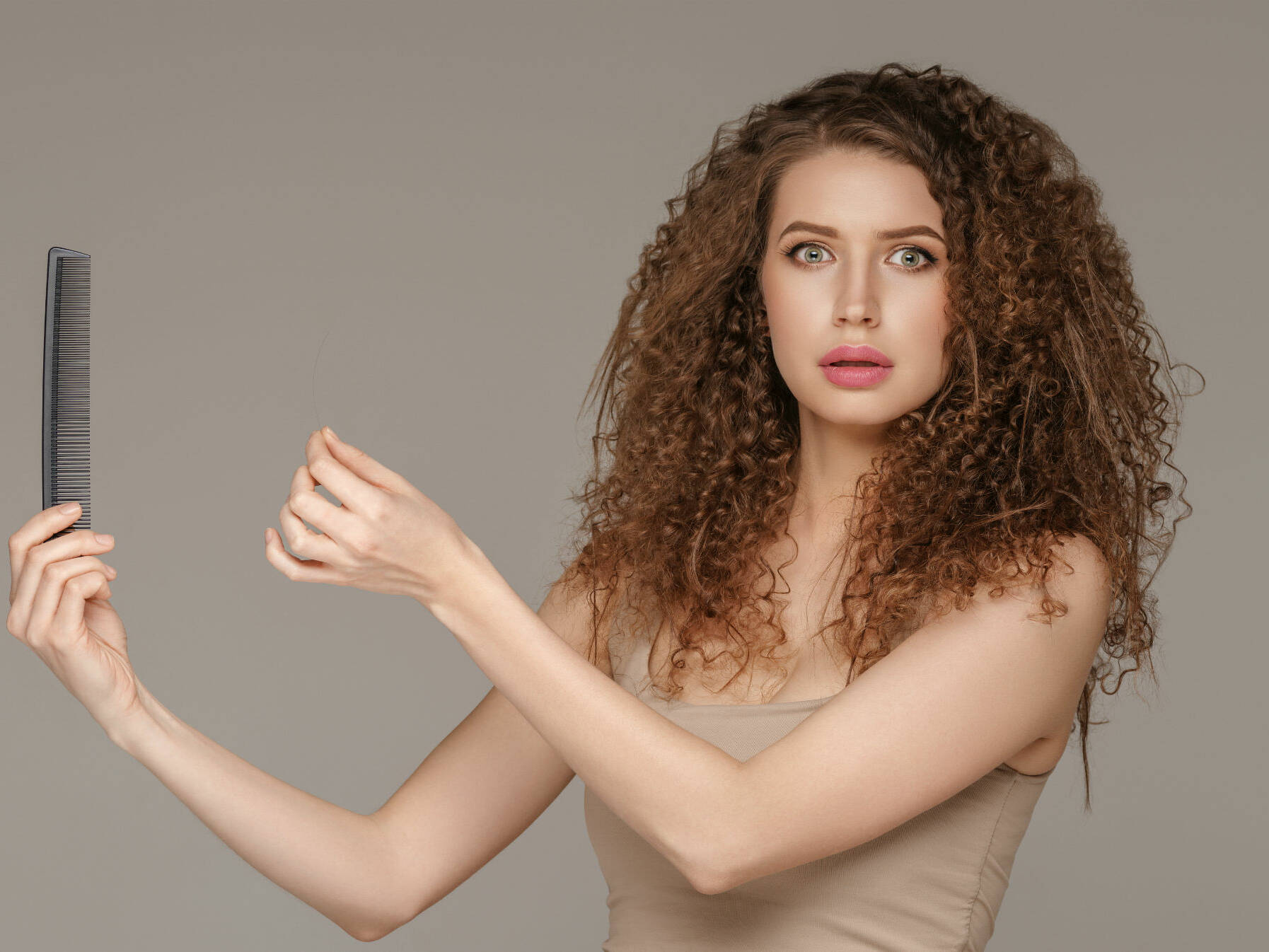Winter – Prepare your Hair
Meet the expert
Clare Devereux is an internationally recognised Trichologist & Stylist.
Winter – Prepare your hair with winter in full swing, we must remember that our scalp and hairs behave differently in changing seasons. Between the cold weather and lack of hydration in air, harsh central heating, hair-flattening hats, good hair days can easily be few and far between. In fact, the cold weather can take a serious toll on the hair and scalp. Lack of hydration in the atmosphere can disrupt the scalp‘s outer skin layers, causing flakes and itching, hair typically faces dreaded frizz and brittleness, while hot micro-environment at home can aggravate problems such as dandruff and seborrheic dermitis. In the face of changing temperatures, it is vital to adjust your scalp and hair care routine during the winter season.
1. Look after your Scalp-Skin Barrier
Protecting the scalp-skin barrier The epidermal layer (the skin barrier) of the scalp protects against a variety of toxins, preventing irritation and maintaining healthy moisture levels. Dehydration caused by cold weather can disrupt this important skin barrier, resulting in flaking, dryness, and irritation. Dandruff is also more common in the cooler months.
Experts argue that these factors may be due to both the cold, dry climate and our tendency to wash our hair less often as temperatures drop—which ultimately allows for fertile ground to grow for a yeast overgrowth called Malassezia. While Malassezia naturally exists on the scalp in a balanced state, the overproduction of oil during colder months provides the ideal environment for this type of yeast to thrive, causing a disruption in your scalp’s complex microbiome.
How to Support the Skin Barrier
Avoid harmful sulphate and chemical based shampoos which can strip the hair & scalp of natural oils, this compromises the skin barrier even more. Use a gentle and peptide-rich shampoo which protects the skin barrier and protecting your scalp from harsh aggressors (e.g. styling tools, brushing and environmental irritants).
Add exfoliation to your scalp care routine which can help regulate the health of the skin barrier. Get a gentle exfoliator to remove unwanted flakes, build-up and oils to help scalp health during the colder seasons. Biodegradable jojoba beads, argan oil, shea butter and stearic acid can work together, healing and rebalancing the skin barrier, regulating moisture and alleviating discomfort.
Use a hydration serum for dry, itchy and inflamed scalps over the winter months.
Anti-inflammatories such as witch hazel, aloe vera and exfoliating salicylic acid, help combat irritation as well as delivering moisture to the skin barrier, enabling it to self-repair.
2. Frizz today, gone tomorrow
During the winter months, fluctuating weather can wreak havoc on your hair. When the weather gets cold, the cuticle becomes rough and raised, allowing water to pass through and swell your strands. As a result your hair appears dry and frizzed rather than smooth and defined.
To further exacerbate the issue, the hair’ s cortex (middle layer) consists of keratin fibres, and temporary hydrogen-based links that create the hair‘s texture. When water contacts the hair, these links break, causing the hair‘s shape to unfold from its natural state and lengthen. As a result, whenever the water content in the air continually fluctuates during winter (such as when you step from the rain outside into a heated room – and then back out again), our hairs tend to dry frizzier, and out of place.
Keeping your hair moisturized and nourished is the key to combating frizz. Not only does hydrating hair make it feel fuller and weigh it down, but it also seals down the cuticle layer, leaving a smoother appearance without weighting it down.
3. Understand Your Nutrition
While it’s widely accepted that nutrients play an important role in maintaining a healthy immune system, what we frequently overlook is how crucial nutrition is in supporting scalp health. The nutrients and minerals we get from food provide the basic building blocks for the condition and function of our hair and the optimum performance of the cells that support them.
Shortened days and more time spent inside during the winter months mean that many of us are prone to vitamin D deficiencies.
Vitamin D is metabolized by keratinocytes, the protein that makes your hair and scalp skin. Deficiency can lead to reduced hair growth and thinning hair. Lack of Vitamin D disrupts essential processes, which can lead to stunted hair growth.
Research shows that Vitamin C plays an important role in hair growth. In fact, studies show that people with androgenetic alopecia exhibit lower levels of Vitamin C levels and that these levels drop as hair loss worsens.
On the other hand as many of us celebrate & indulge in festive cheer during winter months, it means we consume more alcohol & sugar. While certainly delicious in moderate amounts, an excess of both can cause inflammation & aggravate existing skin conditions – including seborrheics & folliculitis. These inflammatory scalp conditions also have a tendency to speed up hair loss & thinning, as the skin’s dermatological health does not support the growth of healthy hairs.
Our nutrition has a significant impact on the health of your hair and scalp. Eating an enriched diet or supplementing with vitamin D during the winter months is important to adjust your routine as the temperatures fall. Healthy sources of vitamin D include oily fish, beef liver, eggs and mushrooms.
As we welcome in colder weather and festive occasions, it is important to give your hair and skin a routine refresh to allow for a smooth seasonal transition. From combating dryness with hydration to protecting your scalp’s skin barriers, these tips will help keep your hair healthy throughout the year.
"Remember with Hair Health Essentials Better Hair days Are Ahead"
Related Posts
January 27, 2024
Embrace Nature’s Bounty: The Remarkable Benefits of Natural Hair Care Products
In a world where the beauty industry is inundated with an array of products,…
December 19, 2023
Winter Hair Woes: Combating Breakage and Embracing Healthy Strands
As the winter chill sets in, our hair becomes more susceptible to breakage,…
December 18, 2023
Winter Hair Woes: Combating Dryness and Embracing Healthy Hair Throughout the Season
As the cold winter air descends, it ushers in a host of challenges for our…





